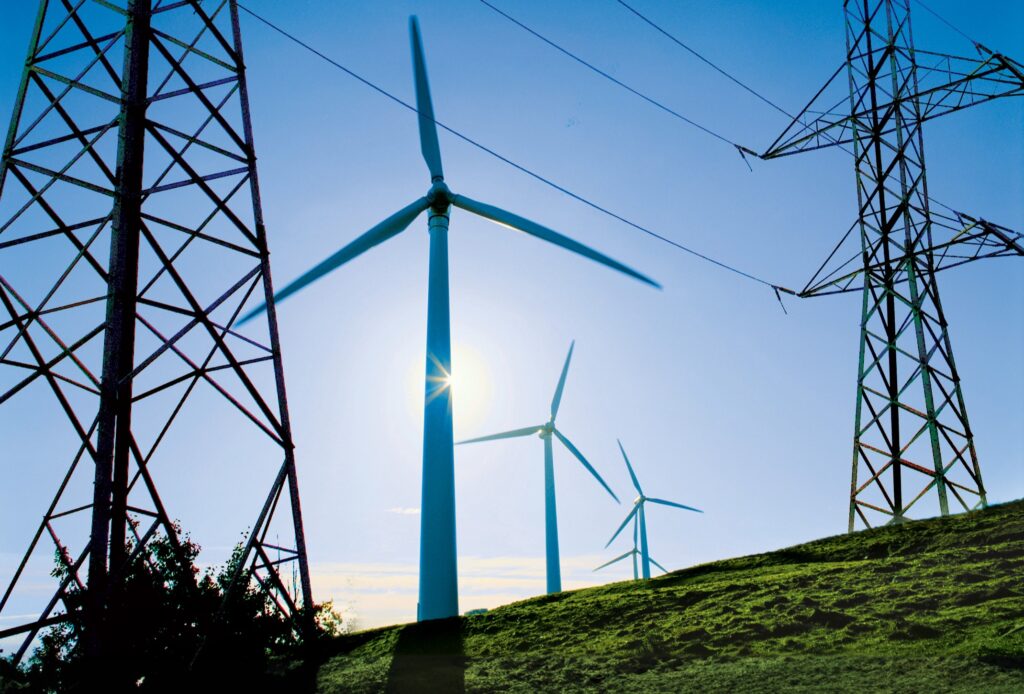
Extreme weather events are increasing in frequency and severity and the recent hurricanes Helene and Milton are poignant reminders of the need for a resilient power grid. As utilities, we have and will continue to play a critical role in keeping the lights on and ensuring power gets where it needs to go, especially when extreme weather strikes. At the same time, regulated utilities have an increasingly important role in enabling a clean energy future. Achieving both of these priorities is possible, but it requires us to collectively think big.
In a recent American Clean Power Association (ACP) panel, I joined clean energy advocates in speaking about the role of clean electricity resources amidst changing weather and load conditions. From the transmission industry perspective, the following considerations are key:
Transmission plays a crucial role in the clean energy transition.
Transmission infrastructure allows for the interconnection of renewable energy sources such as wind and solar, making those resources available to communities that otherwise wouldn’t have access. Utilities are driving investments in our transmission systems to expand capacity and reliably integrate new resources – according to the EIA, annual spending by major U.S. electric utilities on the U.S. electric transmission system increased from $9.1 billion in 2000 to $40 billion in 2019.
Through investment up front, utilities like ITC are helping to manage renewable energy integration and respond to resilience challenges so that customers are not left paying the cost of restoration down the road.
Together, renewable energy and transmission yield reliable energy.
Transmission is the safety net for America’s grid. It is possible to have both reliability for customers and a highly renewable system. South Dakota is a telling example of the reliability potential of renewables, with 83% of its in-state electricity produced from renewable sources. We’re also seeing this combination of renewables and reliability play out in Michigan, where our transmission system covers most of the state. MISO regions like ours see a wide range of extreme weather, from heatwaves in 2023 to Winter Storm Elliot in 2022 – throughout these events, MISO has been able to maintain grid reliability. During one particular extreme cold spell, Michigan was able to export electricity to other MISO states in the region, with 12% of the electricity coming from Michigan wind generation. To ensure this continues to be possible, holistic planning and continued investment are needed for renewable generation and transmission. Thinking big means building the transmission required to realize the maximum benefits of renewable generation, while continuing to ensure reliability. We know that a strong, stable, regulated transmission model works – and we need widespread support from policymakers to ensure this helps propel us on the path to a clean energy future.
Policy should reflect the need for a reliable, clean energy grid.
This includes ensuring there is long-term, holistic regional and interregional planning. It also means developing cost allocation frameworks so the cost burden for transmission expansion is equitably shared. FERC’s Order No. 1920 was a great step forward on the planning and cost allocation front, and we’ll look forward to a similar approach in interregional planning in the future. The rapid progress and planning in MISO regions also highlights how Rights of First Refusal (ROFRs) support transformative transmission expansion. ROFRs allow utilities to collaborate on the right solutions, develop transformative plans, and build projects quickly once they’re approved – we hope policymakers will embrace these benefits going forward.
These policy moves will shift us from thinking big to really doing big – and I know that these advances in renewable energy will be transformative for America. As we look ahead to our clean energy future, we must act with urgency to strengthen our grid and work collectively between generators and regulated utilities to ensure reliability for generations to come.

